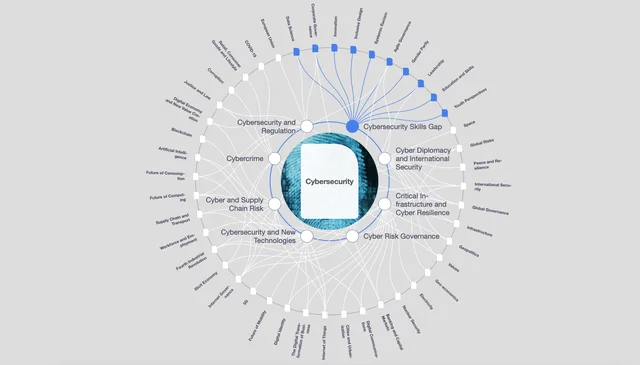Software Engineering Institute Announces Establishment of New AI Division, Names Director

• Press Release
Pittsburgh, Pa., June 28, 2021—Carnegie Mellon University’s Software Engineering Institute today announced the establishment of a new research division dedicated to artificial intelligence (AI) engineering and named Matthew Gaston as the new division’s director.
A federally funded research and development center, the SEI helps government and industry organizations develop and operate software systems that are secure and reliable. The SEI is leading a national initiative to advance the professional discipline of AI engineering with partners in industry, government, and universities.
AI engineering is an emerging field of research and practice that combines the principles of systems engineering, software engineering, computer science, and human-centered design to create AI systems in accordance with human needs for mission outcomes. This discipline will help the Department of Defense and other government agencies meet mission goals by developing and deploying AI systems that are scalable, robust and secure, and human centered.
The new SEI AI Division will focus on research in applied artificial intelligence and the engineering questions related to the practical design and implementation of AI technologies and systems. The division will draw on work done by the SEI Emerging Technology Center (ETC), which has initiated and nurtured AI engineering at the SEI.
Gaston, who joined the SEI in 2011, is currently director of the ETC, which is focused on applying new software technologies to gain leap-ahead mission capabilities for the DoD and other government agencies. Under his leadership, the ETC research portfolio has grown to include work in advanced computing, applied artificial intelligence and machine learning, and human-machine interaction. Gaston also holds an appointment as adjunct associate professor in the CMU Institute for Software Research.
“Carnegie Mellon University recognized early on the promise of AI to enable better, faster decisions at scale,” said CMU Vice President for Research J. Michael McQuade. “Researchers at CMU created the first AI computer program in 1956 and since then have conducted pioneering work in self-driving vehicles, facial recognition, and natural language processing. CMU was also the first U.S. university to offer an undergraduate degree in AI. It is critical for the U.S. government to bring engineering discipline to AI as a key enabler for national security, and it is particularly fitting for the Software Engineering Institute to contribute to this discipline because of the university’s long history of leadership in this area.”
Before joining the SEI, Gaston was research director at Viz, a business area of General Dynamics C4 Systems, where he led research activities for the Battle Management System Division. Prior to Viz, he served as the technical director of the Advanced Analysis Laboratory at the U.S. National Security Agency.
“The Department of Defense sponsored the SEI in 1984 to bring engineering discipline to the creation and acquisition of software. Our goal in forming and growing the SEI AI Division is similar—to transform the creation of AI systems from one-time, custom-crafted solutions into repeatable, scalable, and reliable programs and services that can help the DoD achieve mission success,” said Paul Nielsen, SEI director and CEO. “Matt’s real-world knowledge and experience from industry, the DoD, and the intelligence community will help the DoD and other government agencies assure that AI capabilities meet mission needs now and in the future.”
Gaston has published in the fields of complex networks, machine learning, multi-agent systems, and operations research. He earned his bachelor’s degree in mathematics from the University of Notre Dame and his M.S. and Ph.D. degrees in computer science from the University of Maryland Baltimore County.
“I am very excited to lead the new SEI AI Division and to scale the SEI’s AI engineering capabilities in support of defense and national security,” said Gaston. “Using our initial work in the Emerging Technology Center and across the SEI as a foundation, we plan to build on the strong legacy of software engineering research at the SEI, initiate exciting new projects, work closely with world-class AI researchers across CMU, and build a community of collaborators throughout government, industry, and academia.”
For more information about AI engineering at the SEI, see https://sei.cmu.edu/our-work/artificial-intelligence-engineering/index.cfm.

